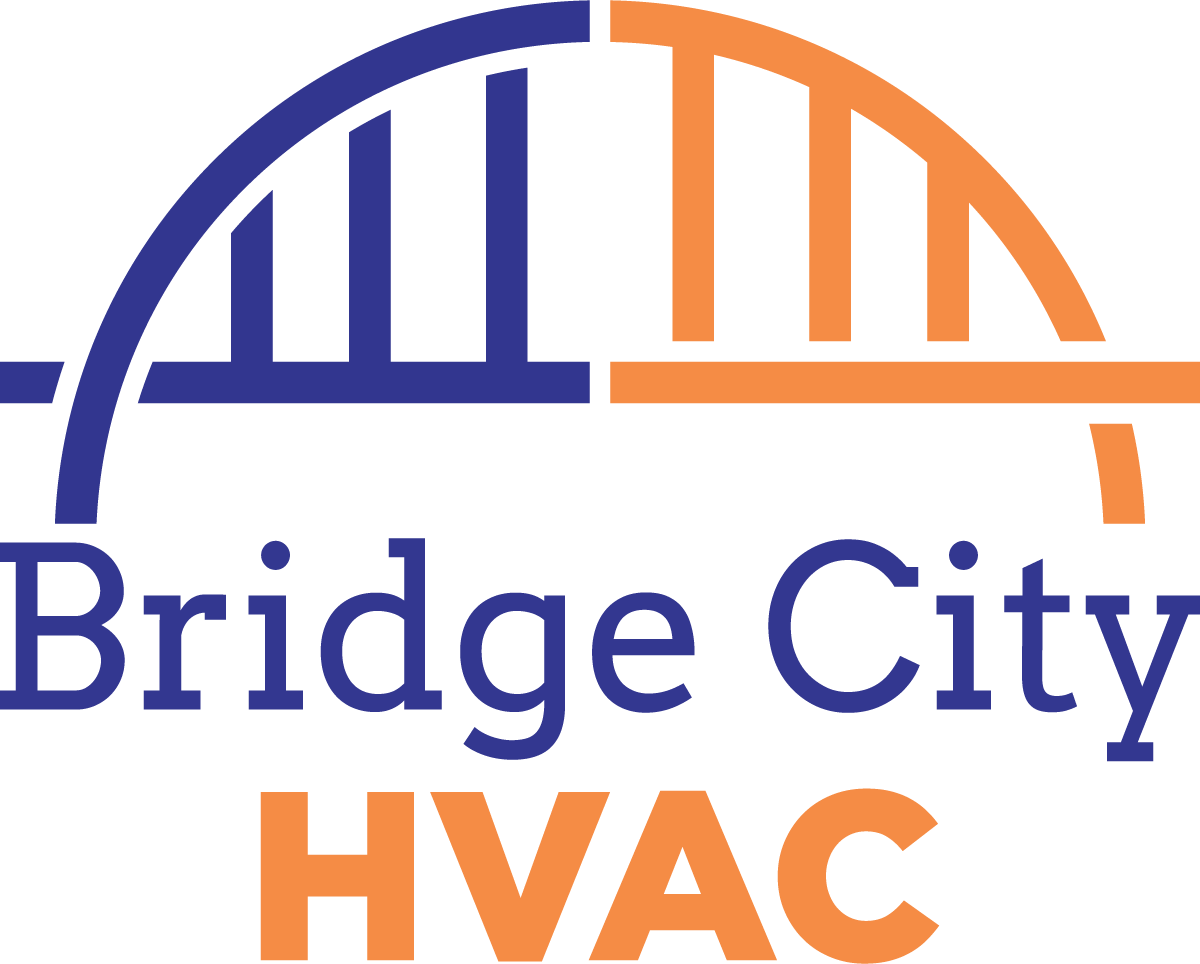Upcoming HVAC Refrigerant Changes: What Homeowners Need to Know
Understanding the Regulatory Shift
Starting January 1, 2025, the HVAC industry will undergo significant changes due to new EPA regulations aimed at reducing the global warming potential (GWP) of refrigerants. The widely used R-410A refrigerant, which has been a staple in many HVAC systems, will be phased out. The shift to more eco-friendly alternatives, such as R-454B and R-32, is part of a broader global effort to combat climate change and lower energy consumption. These newer refrigerants boast significantly lower GWP, making them a greener choice for the environment.
Highlighting Cost Increases for Homeowners
With the phase-out of R-410A, homeowners should anticipate increased costs associated with replacing their HVAC systems. The average cost of replacing an HVAC system currently stands at about $7,000, but this could rise by as much as 30% due to the new designs and safety requirements of the updated systems. Homeowners are encouraged to prepare for these expenses by maintaining their current systems and setting aside a budget for future replacements.
Stressing the Importance of Maintenance
To mitigate the financial impact of these changes, it is crucial for homeowners to prioritize regular HVAC system maintenance. While immediate action may not be necessary if a current system is functioning well, consistent checkups can extend the life of the unit. Proper maintenance can help avoid expensive repairs or replacements, especially as parts for R-410A systems become harder to find over time.
Emphasizing Long-Term Benefits
Transitioning to an HVAC system that utilizes the newer refrigerants offers significant long-term benefits. Not only does this switch contribute positively to the environment, but it also future-proofs the homeowner’s HVAC system. By updating to more advanced systems now, homeowners can save money and avoid the hassle of dealing with increasingly scarce and expensive older parts and refrigerants.
While the upcoming refrigerant changes in 2025 might seem daunting, they are a necessary step toward a more sustainable future. Homeowners concerned about how these changes will affect their homes should consider scheduling a professional HVAC checkup. Experts can assess current systems and assist with future upgrades, ensuring homes remain comfortable and energy-efficient despite the forthcoming changes.
Site Map
Get In Touch
6317 Carman Drive
Lake Oswego, OR 97035


